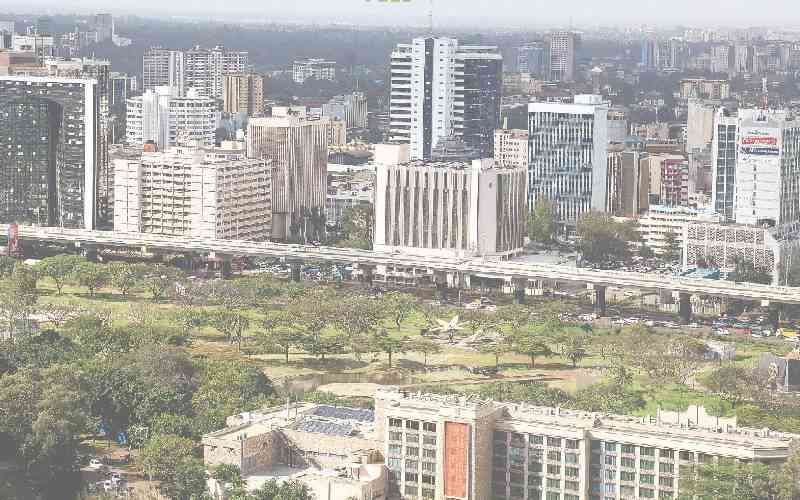×
The Standard e-Paper
Home To Bold Columnists
ARUSHA, TANZANIA: The International Criminal Tribunal for Rwanda (ICTR) celebrated its 20th anniversary this week, with all indications it could close shop as early as September next year.
On Monday, international prosecutors, who included International Criminal Court Chief Prosecutor Fatou Bensouda, gathered in Arusha to mark what might be the final major event in the tribunal's life.







